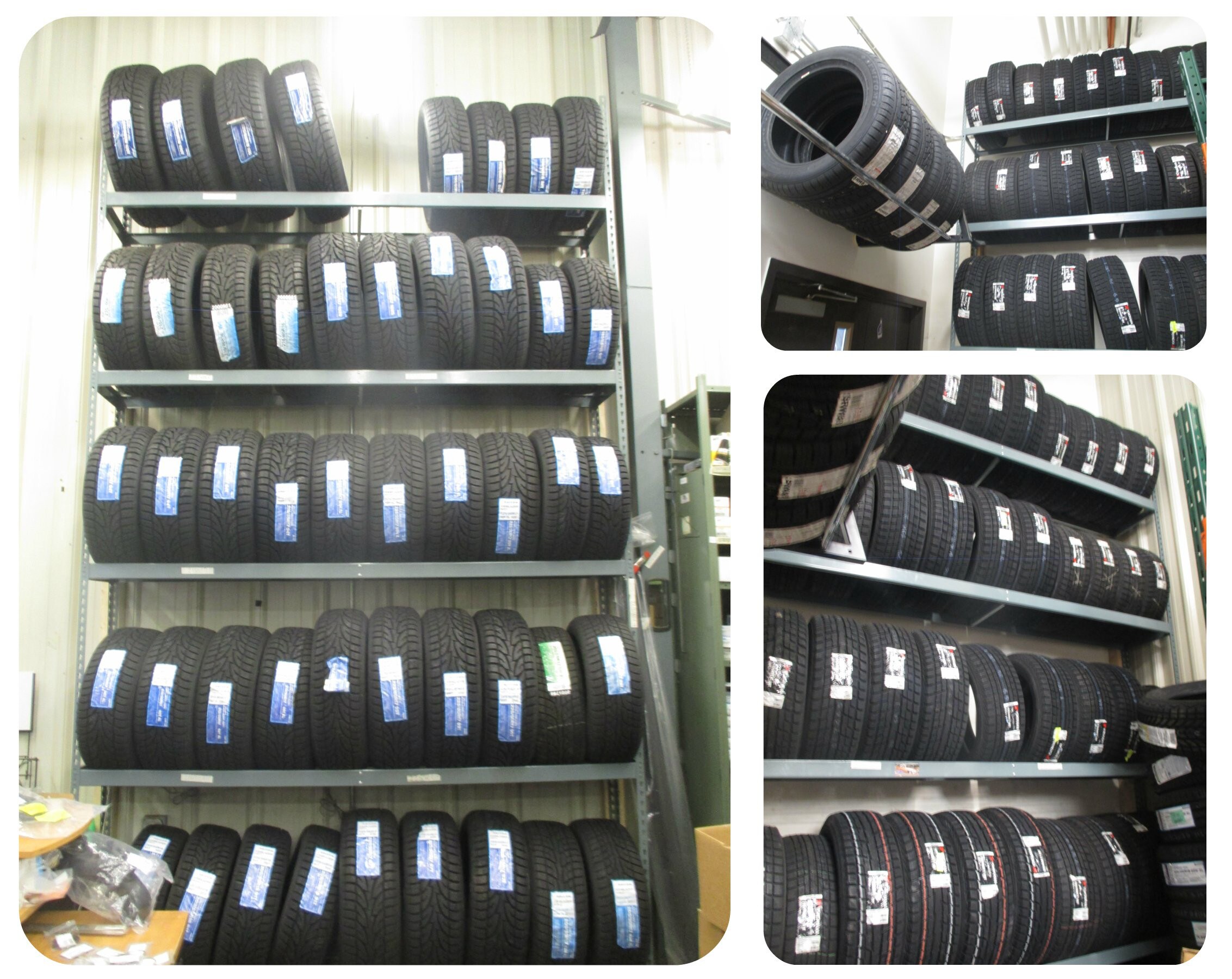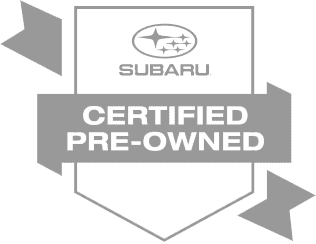
Vermont is known for many things; our brutally cold and snow filled winters being one of them! Many people are under the impression that if they own an All-Wheel Drive vehicle, they are good in the winter and don’t need to buy winter tires. As nice as it would be to not have to buy, store and later mount and balance those winter tires every year, having them on your car helps your car perform at its best!
It’s kind of like going to the gym in a pair of stilettos, or trying to swim with hiking boots on. You can do what you went there to do, but you would do much better wearing the proper shoes for the task at hand. When your vehicle (all-wheel drive or not) has the right “shoes” on, it just simply works better.
Summer tires are made with a harder rubber compound so, in the warmer weather, the rubber becomes “sticky” and in turn that gives the tires better traction on dry and wet pavement. All season tires have a slightly softer compound so they still get “sticky” in the summer but adapt better to the roads in cooler weather. Winter tires are made of a much softer rubber compound so in the colder months (like we have in Vermont) it adapts to the cold weather and road surface by softening and becoming much more pliable and makes it so they adapt to the snow covered roads. The softer compound is also better at reducing the risk of getting weather cracks before their time.
One reason many people claim they do not buy winter tires is that it is a rather pricey expense. Dependable winter tires DON’T have to be expensive! We offer competitive tire pricing here at Saint J Subaru and have a ton in stock. We want to make sure you are safe in your car, so even if we don’t have your desired tire in stock, we can get them here ASAP (most of the time, the same day you tell us you want them). Since you only have to buy winter tires every 3 or 4 years, it’s really not that much more expensive than buying two sets of all season. The initial investment means you get more life out of your original set of tires since you run them half as much. In the end, there’s really not much incremental cost in terms of money, but a huge bonus in terms of safety. In the big scheme of things, is a set of winter tires any more expensive than your insurance deductible or bodywork if you were in a car accident?






